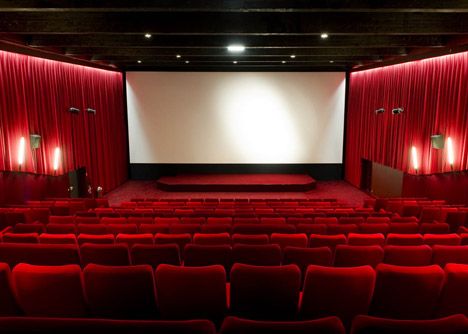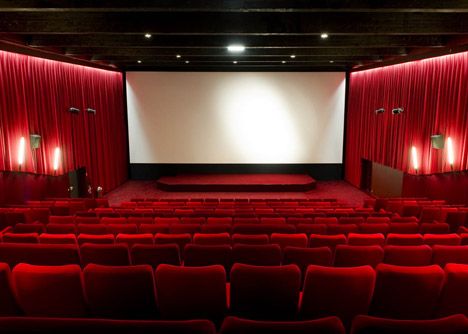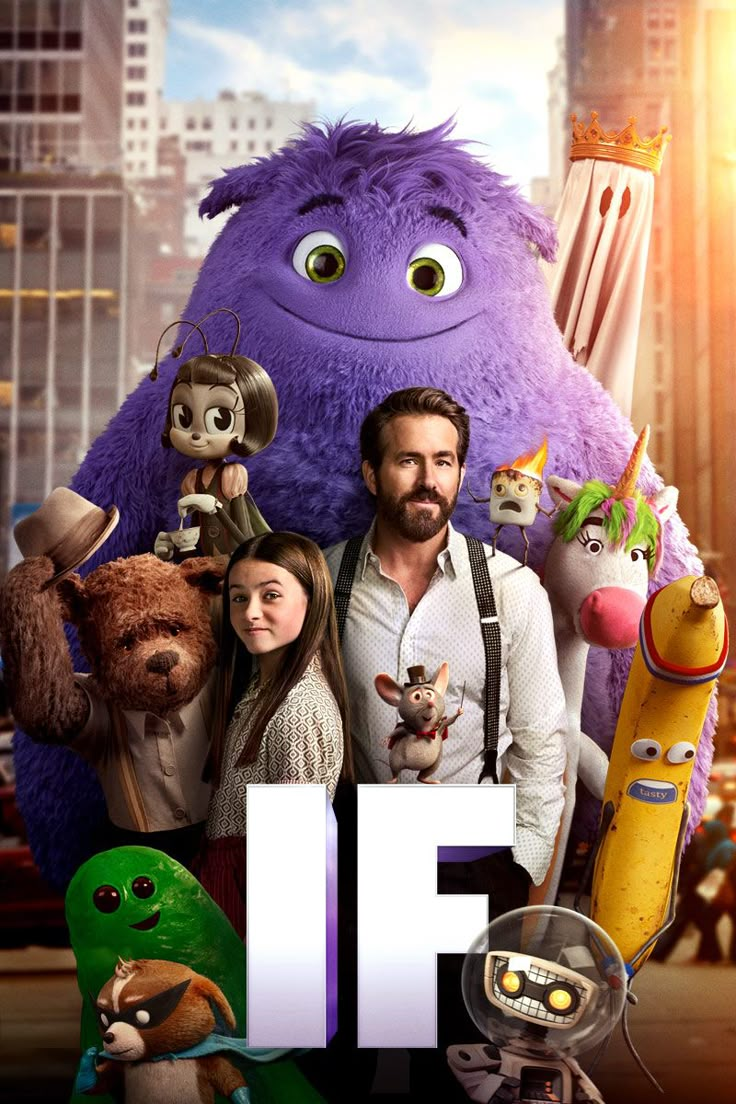Are Movie Theatres Dying? A Deep Dive into the Future of Cinema0 (0)
The question “Are movie theatres dying?” has been a hot topic for years, especially with the rise of streaming platforms, changing consumer habits, and the impact of the COVID-19 pandemic. While traditional cinema is undoubtedly facing challenges, it is evolving rather than disappearing completely. In this article, we will explore the decline of movie theatres, the factors contributing to their struggles, and what the future holds for the cinematic experience.
The Decline of Movie Theatres: Understanding the Shift
1. The Rise of Streaming Services
One of the biggest reasons behind the decline of movie theatres is the explosive growth of streaming services like Netflix, Disney+, HBO Max, Hulu, and Amazon Prime Video. These platforms offer high-quality movies and TV shows at a fraction of the cost of going to the theatre. The convenience of watching movies from home, coupled with the rise of smart TVs, has significantly impacted theatre attendance.
2. Changing Consumer Preferences
Audiences today prefer convenience over tradition. The younger generation, in particular, is more inclined to consume digital content on their mobile devices, tablets, and smart TVs. With the availability of 4K resolution, surround sound, and home theatre setups, many people no longer feel the need to visit a cinema for an immersive experience.
3. Impact of COVID-19 on Theatres
The pandemic accelerated the decline of movie theatres by forcing temporary closures, delaying major film releases, and pushing studios to embrace digital-first releases. Films like Black Widow and Wonder Woman 1984 saw simultaneous streaming and theatrical releases, signaling a shift in Hollywood’s distribution strategy. Many theatres struggled to recover financially, leading to permanent closures of small and independent cinemas.
4. Rising Ticket Prices and Theatrical Costs
Going to the movies has become an expensive outing. High ticket prices, along with the rising cost of concessions, make it less appealing for families and casual moviegoers. Compared to a streaming subscription that offers unlimited movies for a monthly fee, a single trip to the theatre can feel overpriced.
5. The Decline of Original Blockbusters
Another factor affecting theatres is the increasing reliance on sequels, remakes, and franchise films. While blockbuster franchises like Marvel, DC, and Star Wars continue to draw crowds, audiences are showing signs of fatigue. Independent and mid-budget films struggle to gain traction in theatres, as audiences prefer to wait for their digital releases.
Why Movie Theatres Are Still Surviving
1. The Unique Theatre Experience
Despite the decline, movie theatres still offer an experience that home entertainment cannot fully replicate. IMAX, 3D, and Dolby Atmos sound systems provide an unmatched level of immersion. Additionally, some films, such as Christopher Nolan’s Oppenheimer, are designed specifically for the big screen, encouraging audiences to watch them in theatres.
2. Blockbuster Events Still Draw Crowds
While streaming has disrupted the industry, major event films still perform well at the box office. Movies like Avatar: The Way of Water, Top Gun: Maverick, and Spider-Man: No Way Home have proven that audiences will flock to theatres for a cinematic spectacle. Studios continue to invest in large-scale productions that benefit from the theatre-going experience.

3. Premium Formats and Luxury Cinemas
To stay competitive, many theatre chains are introducing luxury cinemas, reclining seats, dine-in services, and premium screening formats. The focus is shifting from just watching a movie to enjoying an all-inclusive entertainment experience. This evolution helps draw in audiences looking for something more than what they can get at home.
4. Revival of Special Screenings and Niche Markets
Theatres are now hosting classic film screenings, indie movie showcases, anime film releases, and live broadcasts of concerts and sports events to attract different demographics. Events like National Cinema Day, where ticket prices are reduced for a day, also help boost attendance.
The Future of Movie Theatres: Adaptation and Innovation
Rather than dying, movie theatres are transforming. Here are some key trends shaping the future of cinema:
1. Hybrid Releases: The New Normal
Studios are now experimenting with hybrid releases, where films debut in theatres and on streaming platforms either simultaneously or within a shorter theatrical window. This approach allows audiences to choose how they want to watch while still supporting theatrical runs.
2. Subscription-Based Moviegoing
The success of services like AMC Stubs A-List, Regal Unlimited, and Cinemark Movie Club suggests that movie theatres may move towards a subscription model similar to streaming services. This encourages frequent visits and provides consistent revenue for theatres.
3. VR and Interactive Cinema
With advancements in virtual reality (VR) and interactive storytelling, future cinemas might incorporate immersive experiences, allowing viewers to engage with movies in new ways. Companies like Meta and IMAX VR are already exploring these possibilities.
4. Increased Focus on Social and Community Aspects
Going to the movies is still a social experience. Theatres are emphasizing community-driven events, fan screenings, and interactive Q&A sessions with filmmakers to make cinema outings more appealing.
Conclusion: Are Movie Theatres Dying?
While movie theatres are facing challenges, they are not necessarily dying—they are evolving. The traditional cinema model is changing, with theatres adapting to new technologies, consumer preferences, Streaming Platforms, and innovative business strategies.
Theatres that embrace luxury experiences, event-based screenings, and hybrid distribution models will likely continue to thrive. While streaming will remain dominant, the unique allure of the big-screen experience ensures that movie theatres will still have a place in the entertainment industry for years to come.






